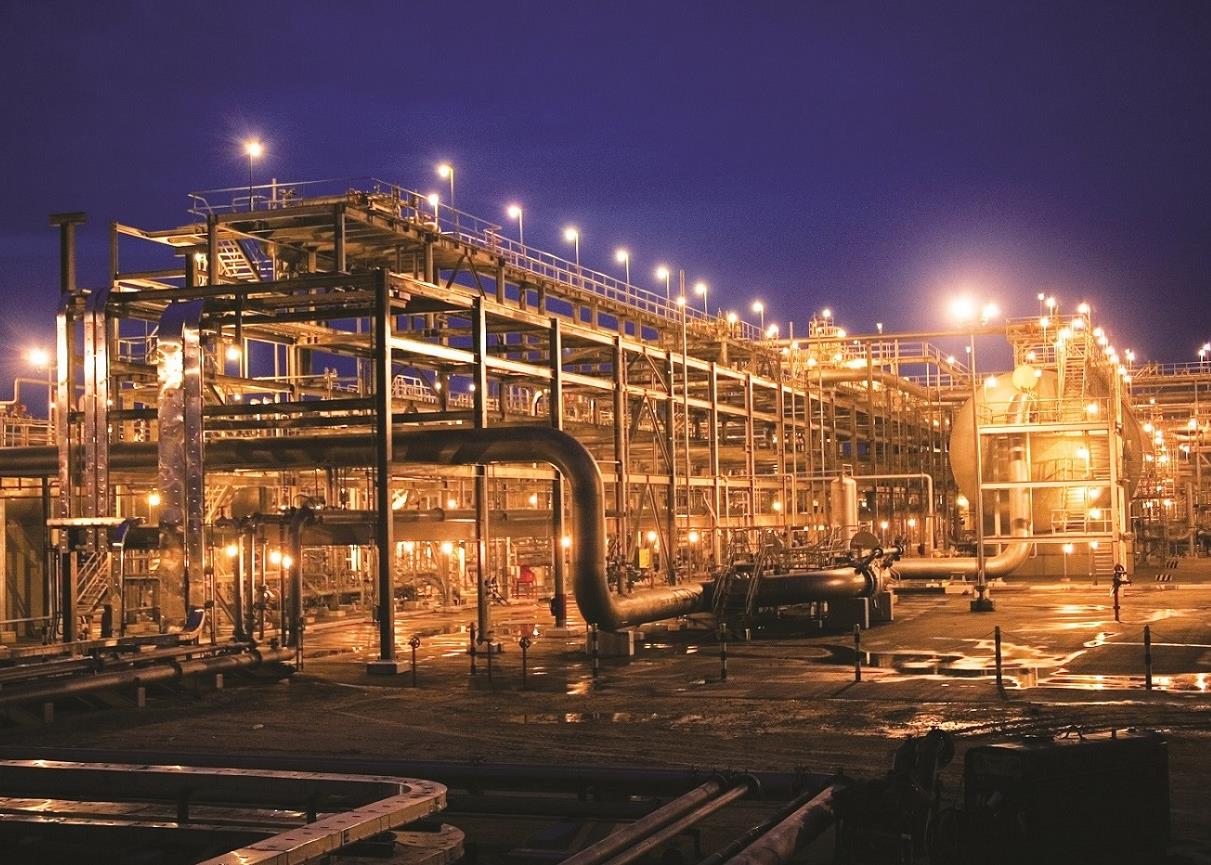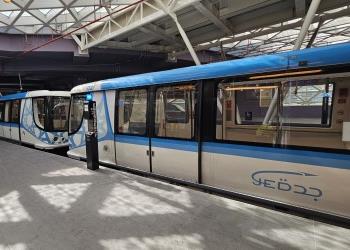
The local T3A Pharma Group was due to close subscription on 26 January for a capital increase that will help finance construction of an estimated £E 63 million ($18.6 million) pharmaceuticals factory in Asyut.
The company is raising £E 27.3 million ($8 million) through the equity placement, managed by InterCapital Securities. Of the total raised, £E 13.3 million ($3.9 million) will be used to part- finance the first stage of the new project, and the rest will be added to the company’s capital. The new shareholders will end up with 48.2 per cent of the equity.
Managing director Tarek el-Hady, who will hold a 13.8 per cent stake following the placement, says construction of the Asyut plant will begin in March. Most of the equipment supply orders have been placed, with German and US firms, and bids from four companies are being studied for the civil works contract.
The company, formed in 1994, now has 47 products in the market, produced under toll agreements at factories owned by other firms. It has secured approval and registration for 166 products. It mainly produces generic products, which are much cheaper than brand-name drugs, and has concentrated on anti-infective medicines.
El-Hady says the new plant will be the first in the Middle East to secure approval from the US Food & Drug Administration (FDA). ‘This will open up the export market for us,’ he says.
El-Hady says the company is conscious of the need to adapt its practices in line with the World Trade Organisation rules on drug patents. Much tougher controls on intellectual property rights are due to come into force in 2005. He says T3A Pharma is already discussing plans for US drugs manufacturers to use the plant’s facilities.
The plant will be the first of its kind to be built in Upper Egypt. El- Hady says Asyut was selected because it provides a number of benefits. As a priority investment zone, the land is free, and the company will receive a 10-year tax holiday. ‘There is also a good supply of skilled labour because the university there has a well-established faculty of pharmacy and medicine, and the general labour costs are 30 per cent lower than in Cairo,’ El-Hady says.
You might also like...

Egypt resumes power cuts
18 April 2024

Petrofac awards carbon capture sub-contract
18 April 2024

Neom tenders Oxagon school construction
18 April 2024

Clarifications advance for Neom renewables
18 April 2024
A MEED Subscription...
Subscribe or upgrade your current MEED.com package to support your strategic planning with the MENA region’s best source of business information. Proceed to our online shop below to find out more about the features in each package.




